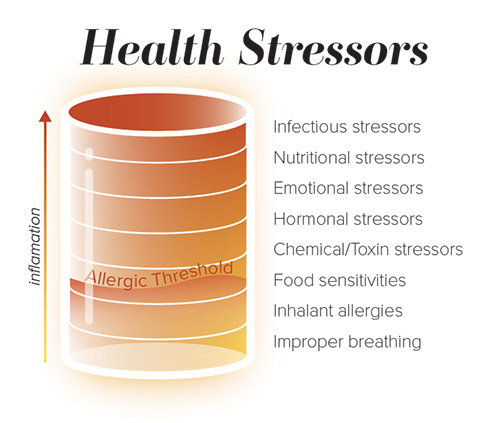Histamine is more than just allergies; it’s a neurotransmitter!
When we think of allergies, we think of histamine. However, our body uses histamine in many other ways and sometimes, just like any other neurotransmitter, it can get dysregulated. So what happens if it is dysregulated? You can develop Histamine Intolerance or Mast Cell Activation Syndrome (MCAS). Picture your histamine system as a sink with … Read more



